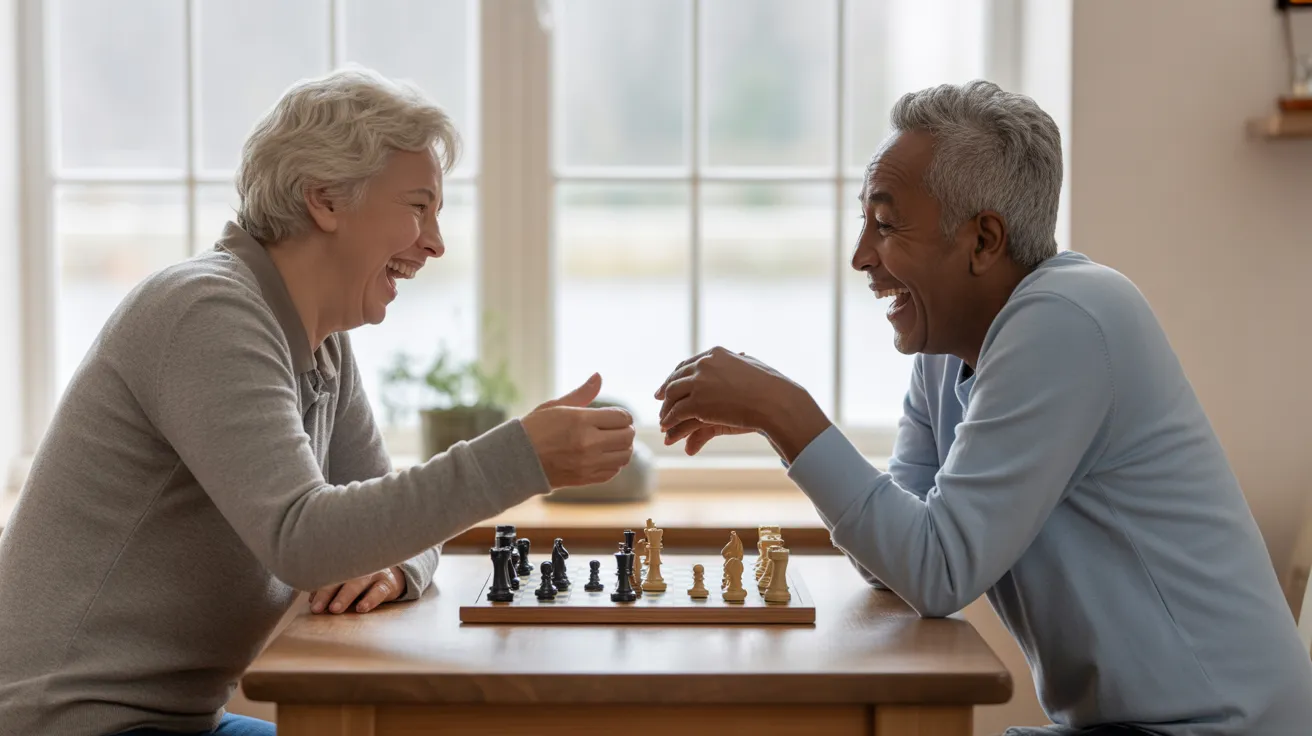
Understanding the Health Benefits of Brain Exercises
You might wonder what actually happens inside your brain when you learn a new card game or piece together a jigsaw puzzle. The science behind it is fascinating and is centered on a concept called neuroplasticity. In simple terms, neuroplasticity is the brain’s remarkable ability to reorganize itself by forming new neural connections throughout life. Just as physical exercise strengthens your muscles, mental exercise strengthens these connections.
When you challenge your brain with a new or complex task, you encourage it to create new pathways. This mental stimulation has several key benefits for seniors:
Improved Memory: Engaging in activities that require you to recall information, like playing trivia or learning a new recipe, can help strengthen both your short-term and long-term memory. These activities help your brain become more efficient at storing and retrieving information.
Enhanced Problem-Solving Skills: Games like chess, Sudoku, or even planning a garden layout require strategic thinking and planning. These skills translate directly into daily life, helping you manage finances, navigate new routes, or solve household problems more effectively.
Increased Cognitive Reserve: Think of “cognitive reserve” as your brain’s backup system. A lifetime of learning and mental stimulation is thought to build this reserve. A stronger reserve may help your brain better withstand age-related changes and challenges, potentially delaying the onset of cognitive decline.
Better Mood and Mental Health: Many brain-boosting activities are also social and creative, which are essential for mental health for retirees. Joining a book club, taking a dance class, or playing cards with friends can reduce feelings of isolation, lower stress, and boost your overall sense of well-being. The accomplishment of finishing a puzzle or mastering a new skill also provides a wonderful confidence boost.
While the benefits are clear, it’s important to approach these activities with the right mindset. The only “risk” is potential frustration. If an activity feels too difficult or stressful, it’s okay to take a break or try something else. The key is to find activities you genuinely enjoy, as this will keep you motivated and engaged without causing unnecessary stress.
Authoritative health information for seniors is provided by the National Institute on Aging (NIA) and the Centers for Disease Control and Prevention (CDC).

















